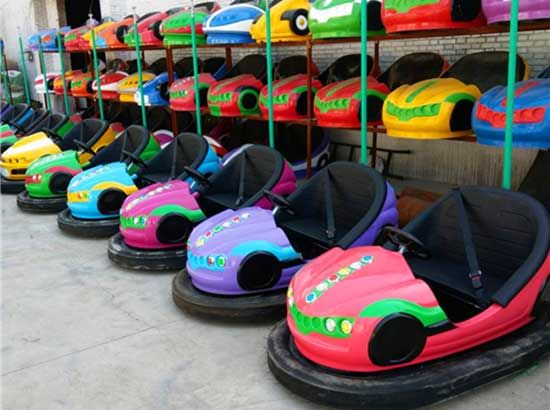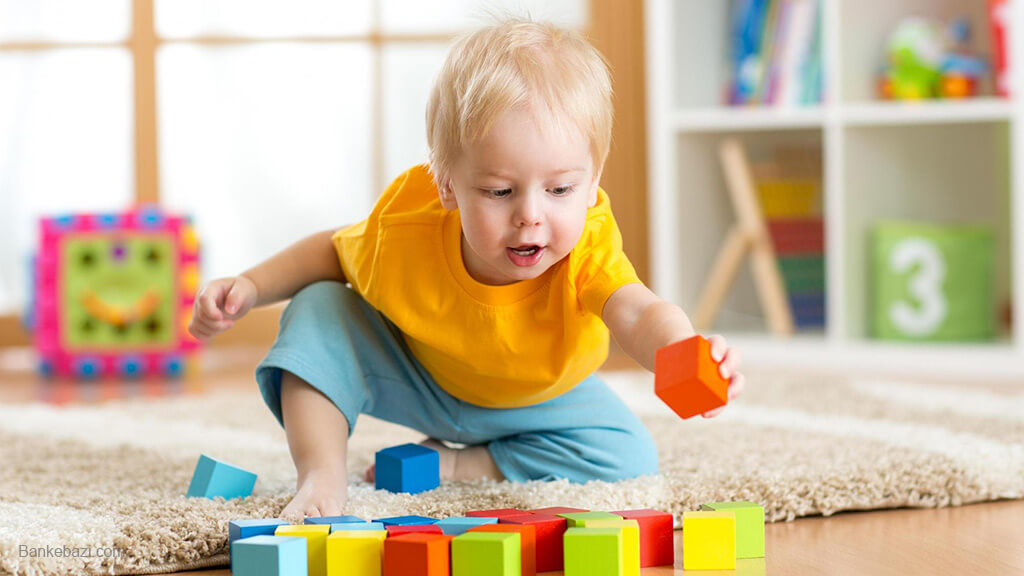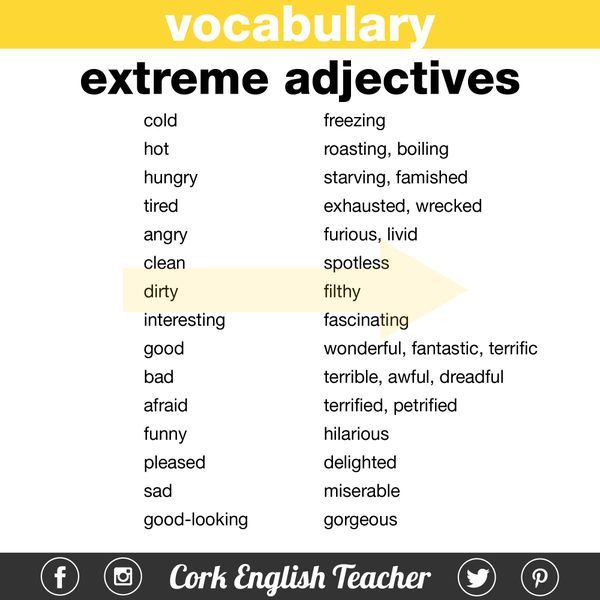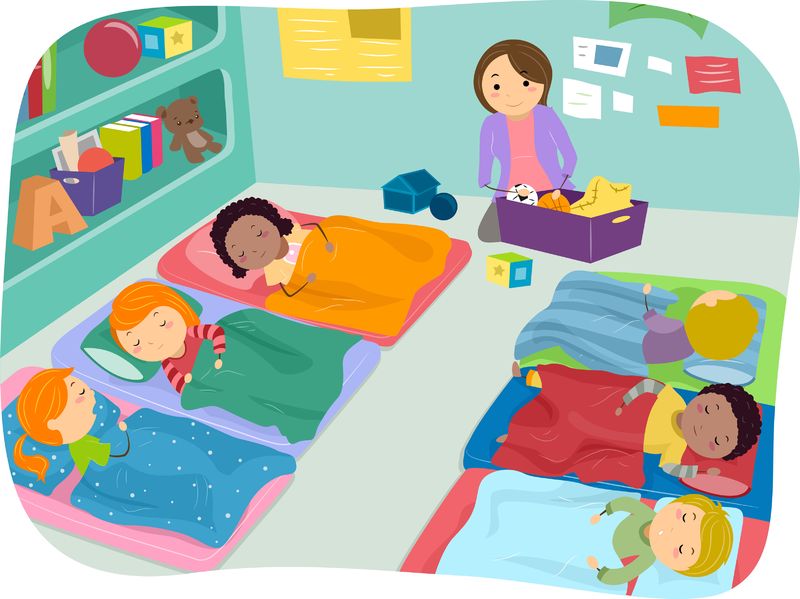What to teach your kids
59 important life skills to teach your children
59 important life skills to teach your children | MadeForMumsWhat do table manners, telling the time and tying shoelaces have in common? Well, they're all important life skills you should pass on to your children, according to a new survey by Chessington World of Adventures.
The list of 59 most important life skills, according to British parents was topped by saying please and thank you dads with 80% of the vote.
“It is interesting that the top three things on the parental teaching list are all to do with ‘behaviour’, and how the child ‘appears’ to others," psychologist Donna Dawson, who was involved in the study said. “Parents are clearly worried that their children will reflect badly on them."
So what else made the list? See how many you can check off here…
- Always say please and thank you
- Respect your elders
- Show good table manners
- Always tell the truth
- Don’t talk to strangers
- Brush your teeth properly twice a day
- Treat others with kindness
- Be confident
- Be helpful
- Admit when you’re wrong
- Work hard at school
- Know when to say ‘No’
- Save money and spend it wisely
- Be independent
- Learn how to swim
- Appreciate wildlife / animals
- Show compassion
- Accept defeat with grace
- Deal with rejection and disappointment
- Comfort others
- Have a loving relationship
- Don’t walk home alone at night
- Get along with people you may not like that much
- Always look on the bright side
- Distinguish needs from wants
- Support yourself financially
- How to add, subtract, multiply and divide
- Look someone in the eye when talking to them
- How to tie a shoelace
- Eat your greens
- How to ride a bike
- How to write a thank you letter
- Tell the time on a clock with hands
- How to make your bed
- Always accept a challenge
- How to deal with tragedy
- How to resolve a dilemma
- How to negotiate
- To always clear your plate after dinner
- Read before you go to bed because it’s good for you
- How to drive a car
- How to throw a ball
- Don’t get involved in unnecessary dramas
- Watch TV and pay video games in moderation
- How to read a traditional map
- How to dress for an occasion
- How to bake a cake
- How to give a firm handshake
- How to tie a tie
- How to write an essay
- How to wrap a present
- How to change a flat tyre
- How to fly a kite
- How to start a fire
- How to pitch a tent
- How to dive into a swimming pool
- How to do a cartwheel
- How to use chopsticks
- How to open a champagne bottle
Read more:
- Shoelace hack: teach your kids in two seconds
- Teaching your toddler manners
- Introducing mealtime manners
33 Life Skills Every Parent Should Teach Their Kids — Best Life
Ask any parent what the biggest responsibility is when it comes to raising well-rounded kids and you'll hear the same thing again and again: giving them the skills they need to thrive.
And we're not just talking about learning to read or to drive a car. We're referring to the bigger picture tools parents should pass on to their progeny. With the help of experts, we've rounded up the skills every kid needs to make it in this world.
Of course it's important to try new things and be open to new experiences—but just as important is the ability to deliver a firm, yet polite "no" when the time calls for it.
"It is difficult to decline something tactfully—many adults even go along with things when they don't want to," says psychotherapist Stephanie Wijkstrom, MS, LPC, NBCC, and founder of the Counseling and Wellness Center of Pittsburgh. That's why it's critical for parents to teach their kids an early lesson in consent about when it's appropriate to set boundaries and say "no."
Shutterstock/Africa StudioThere's a big difference between shouting the word "sorry" from across the playground and a sincere, heartfelt apology. Considering how successfully the latter can smooth over tensions—and how quickly the former can heighten them—teaching your kid to say sorry and mean it is invaluable. It's just as important to teach them when to do it, too—apologizing for things that aren't their fault can quickly become as problematic as not apologizing for those that are.
Considering how successfully the latter can smooth over tensions—and how quickly the former can heighten them—teaching your kid to say sorry and mean it is invaluable. It's just as important to teach them when to do it, too—apologizing for things that aren't their fault can quickly become as problematic as not apologizing for those that are.
"Most of our children are going to leap into the world and find their place among work and family. They will need to understand how to use their downtime, how to recharge their batteries so that they feel balanced and happy in life," says Wijkstrom. "Breathing, yoga, walking in nature, having a hobby—these are important and will carry children well beyond their youth into maturely-adjusted old age."
ShutterstockHard-to-navigate emotions can be difficult for folks of any age, but those big feelings can feel especially overwhelming for younger ones. That's why it's so important for parents to teach their kids how to deal with those feelings in a healthy way.
"Parents should explicitly teach their kids coping skills for difficult emotions such as anger, anxiety, and sadness," says licensed clinical psychologist Nastassja Marshall, Ph.D., of Renewal Therapy in Richmond, Virginia. Marshall suggests that parents not only model emotional regulation for their children, but also teach them relaxation exercises, deep breathing techniques, positive self-talk, and ways to work those emotions out through physical activity.
ShutterstockWhether you're 5 or 65, life comes with its fair share of disappointments. So, the earlier kids learn to move on from the ones they encounter in childhood, the better equipped they'll be to handle the big ones in adulthood.
"This is helpful because it innately teaches children to accept that the world is not perfect, and that everything will not go their way," says licensed therapist Ginger Lavender Wilkerson, LMFT. "Disappointment can be a temporary feeling and [does] not define who they are. "
"
You can't ensure that your child's life will be stress-free, but you can—and should—teach them how to cope when they're reaching their breaking point. "Knowing how to manage stress will reduce the risk for burnout, anxiety, and depression," says Wilkerson.
ShutterstockLearning to embrace alone time is a skill everyone can benefit from. "Parents need to teach their kids to learn to love the time they take by themselves and to trust the wisdom that comes from within when we take that time," says licensed mental health counselor Jill Sylvester, author of Trust Your Intuition: 100 Ways to Transform Anxiety and Depression for Stronger Mental Health. "Teaching kids to take quiet time each day so that they learn to enjoy being by themselves and to become their own best friend is a best practice."
ShutterstockTeaching your kids to follow their gut instincts can help keep them safe, healthy, and happy both in childhood and beyond. "Teaching kids how to trust their own inner guidance versus seeking outside sources that so often can be conflicting with our own wants and needs, is a helpful tool as they grow and develop," says Sylvester.
"Teaching kids how to trust their own inner guidance versus seeking outside sources that so often can be conflicting with our own wants and needs, is a helpful tool as they grow and develop," says Sylvester.
While many parents try to teach their kids to be tough, being empathetic is every bit as essential for their wellbeing—if not more so.
"It's important for parents to respect the natural empathy of their children and to nurture and develop it," says special educator Donna Garfinkel, co-director of New York City-based Early Childhood Associates. "Encourage your child to build empathy by teaching them to help others. Participating in initiatives like toy drives and food pantries can help cultivate empathy."
Shutterstock/wavebreakmediaThere's a major difference between truly listening to someone and just waiting for your turn to speak—and the sooner parents can teach their kids the former, the better.
So, how does one go about honing this skill? "Reading to them, watching a movie together, or telling stories can help develop listening skills," suggests Garfinkel. "Ask questions about stories and ask them to support their responses with material/information from the story."
"Ask questions about stories and ask them to support their responses with material/information from the story."
Instant gratification may be nice, but teaching your kids to work toward long-term goals will be invaluable in their adolescence and adulthood. "Teach children to persevere and to not give up on what's important to them," says Garfinkel. "Working toward a long term-goal, [like] developing academic or athletic skills or saving for a special purchase, can help them understand the value of perseverance."
ShutterstockPlaying well with others is a skill that will serve your kids well long past childhood. "Sharing and taking turns while playing can reinforce positive social skills that will carry over into the future," says Garfinkel.
Shutterstock/In GreenWhether it's a fish, a plant, or a sibling, teaching your child how to care for another living thing is an important skill they won't learn in a classroom. Not only can doing so help kids empathize, having something to care for may even help reduce their stress. A 2010 study published in Anxiety, Stress, & Coping found that petting animals—whether soft and furry or hard-shelled—helped reduce participants' anxiety.
A 2010 study published in Anxiety, Stress, & Coping found that petting animals—whether soft and furry or hard-shelled—helped reduce participants' anxiety.
A firm handshake and friendly "hello" can get you far in life, which is why it's never too early to teach your kids how to greet people properly. "Children should learn how to give a solid handshake while introducing themselves to someone new," says certified child anxiety expert Colleen Wildenhouse, founder of Good Bye Anxiety, Hello Joy, LLC. "It is important that children learn to have confidence in who they are and what they have to offer to others."
Shutterstock/Monkey Business ImagesNot every kid is an extrovert—and that's okay!—but it pays to know how to meet people, even when your kids are young. Teach your children that there's no reason to be afraid of confidently marching up to another child on the playground and asking them to play. It will serve them well for years to come.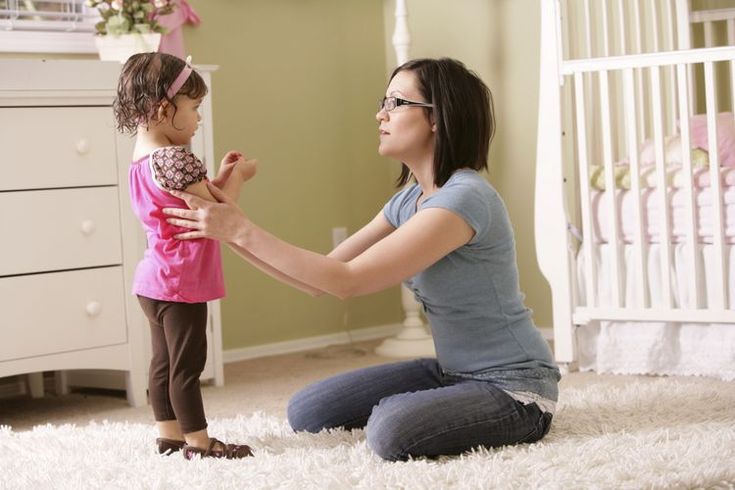
Unfortunately, the answer to that question on the playground isn't always going to be a resounding "yes." Whether they didn't get the promotion they'd hoped for, the person they asked on a date turned them down, or they didn't win the talent show, it's important that kids know how to lose gracefully.
ShutterstockProblem-solving is a skill that's typically honed over a lifetime, but having kids tackle their own issues starting at an early age will inevitably make things easier as they get older.
"Encourage them to problem-solve on their own," says licensed mental health counselor and therapist Barb Shepard. "Issue with a teacher? Prep them on how to go talk to that teacher themselves. Jumping in to rescue your kids from situations that are uncomfortable is not always helpful—in fact, it can prevent your child from learning to work through challenges and conflict."
Shutterstock/Monkey Business ImagesWhether your kid is applying for an internship or looking for a job after graduating from college, professionalism counts every step of the way.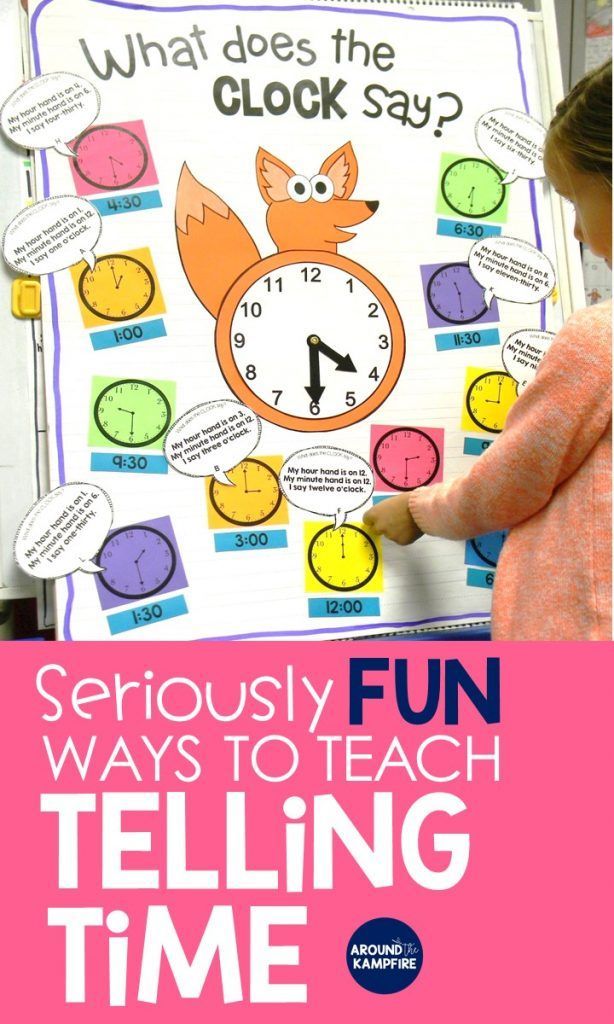
"College can be a huge shock for teenagers as they take their first step into the world of professionalism," says Shepard. "Every interaction with a professor who could be a reference or a job connection in the future should be treated like an interview. Ditch the sweatpants-to-class look, use good grammar in emails, and turn in assignments on time."
Shutterstock/Brian A JacksonIf you're eager for your children to become self-sufficient adults, financial education is key. But before you can even deliver your lecture on Budgeting 101, your kid needs to know how to apply for a job. Teach them how to look for jobs using sites like Indeed or Glassdoor, give them the skinny on interview-appropriate attire, and always make sure they know the basics, like how to fill out an application correctly.
Shutterstock/Sergey NovikovAt any age, work can be a huge source of stress. That's why it's so important that parents teach their kids how to work hard—as well as some coping skills for when things are stressful on the job.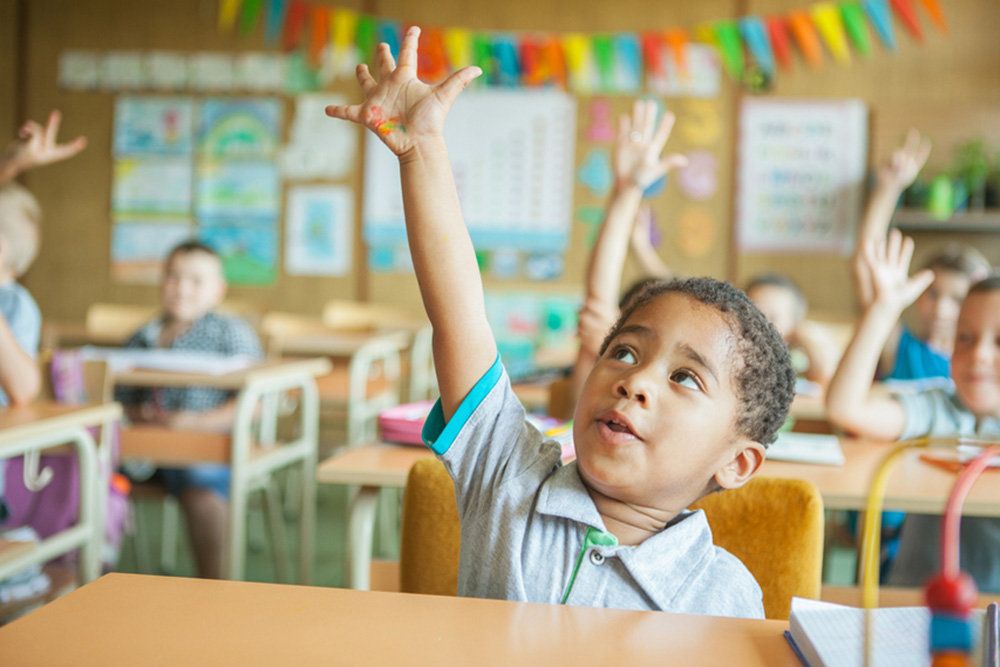
"Children should learn how to work and know the value and accomplishment of a hard day's work," says Kalyn Hochstrat, founder of Kalyn Hochstrat Investment Advisor, LLC in Midvale, Idaho. "If taught the value of work at a young age, that gift will benefit them their entire lives, no matter what industry they work in."
ShutterstockYes, even adults procrastinate, but the sooner your kids can learn to get things done ahead of a deadline, the better. After all, it's not like you particularly relish putting together dioramas well into the wee hours of the morning, either.
ShutterstockHaving good credit makes life easier, whether you're buying a car or applying for a mortgage—and finance pros say that parents should be teaching their kids how to build good credit from an early age.
"They should know what is debt, what is credit, and how to avoid borrowing too much money," says financial educator Cleo Childress, founder of Cleo Yoga Finance in Dallas, Texas.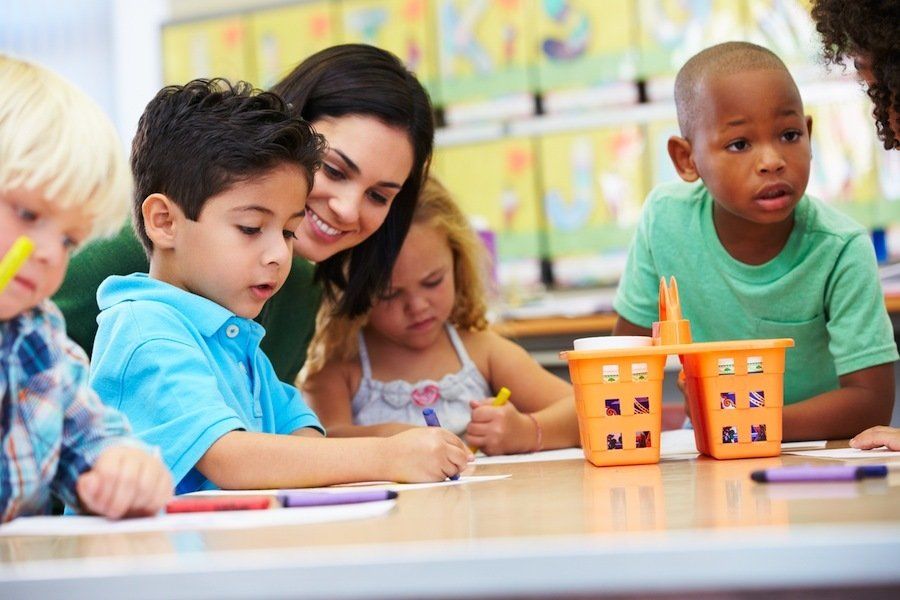 "They should understand what a credit report is and how negative credit
history can affect their lives."
"They should understand what a credit report is and how negative credit
history can affect their lives."
Even if your kid is earning just a dollar a week in allowance, learning how to save some of that money now can yield major rewards when they're nearing adulthood.
"They should understand the value in saving and investing," says Childress. "It's okay to have material things and enjoy experiences, but also teach them how they should save and invest on a consistent basis so they can have more financial freedom to live the lifestyles they desire."
Shutterstock/William PotterWhile avoiding the hand-to-mouth lifestyle as an adult is often easier said than done, giving your kids the financial tools they need to effectively budget is invaluable. "They should know how to avoid living paycheck-to-paycheck," says Childress. "Teach them how to earn money, then save/invest, spend, and give so that they are able to still support themselves if their incomes stop or slow down.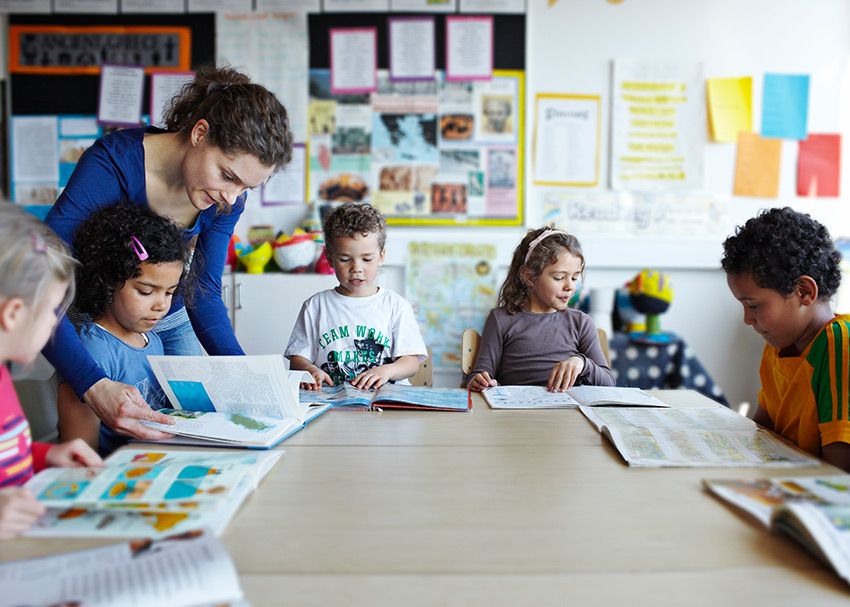 "
"
Taxes can be confusing even to adults, but talking to kids about them from an early age can help them navigate those murky waters more easily later on. An easy way to do this? Create separate jars for spending, saving, and taxes with their allowance each week so they can better understand how much money to allocate in their budget when they finally bring home that first paycheck.
Shutterstock/Flamingo ImagesWhether they've got a foreign prince calling them or someone on Craigslist who promises that a luxury apartment really rents for just $300 a month, it's important that your child knows a scam when they see one.
Shutterstock/pratan ounpitipongae0fcc31ae342fd3a1346ebb1f342fcb
How can you effectively teach your children the value of money if you don't teach them how to simultaneously care for their things? At a young age, that may mean picking up their toys from the bedroom floor so they don't get stepped on, and as they get older, it can mean treating a stain on clothing immediately before it sets in, regularly mowing the lawn, or doing software updates on their devices.
According to a 2013 study published in the Family & Consumer Research Journal, baby boomers and members of Gen X lapped millennials when it came to their clothing care skills. That's why it's essential that parents teach their kids these skills at home—after all, who wants a panicked 4 a.m. phone call when the washing machine is overflowing with bubbles, or a bill from a tailor when a button comes loose?
Shutterstock/FrolphyEveryone gets a flat tire from time to time. And instead of having your kid rely on expensive tow services or potentially not-so-well-intentioned strangers, teaching them how to pop on that spare will keep them safer in the long run.
Shutterstock/VGstockstudioA little gratitude goes a long way in life, and teaching your kids to be truly grateful to those who have been kind to them will serve them well over the years. You can start this practice at a young age by having them write thank-you notes for birthday presents, and make sure they continue doing the same as they age, like sending thank-you emails after job interviews.
Saying "I love you" isn't the only way to express your love for someone, nor is it a phrase that should only be used in romantic contexts. Caring for others, doing kind things for them, and saying those three little words to platonic friends can help kids feel emotionally fulfilled in childhood and beyond.
Shutterstock/Antonio GuillemAnd being able to end relationships in a compassionate way is important, too. "There is no class for this, but we know that every child and adult will need to have a break up eventually," says Wijkstrom. "We should encourage children to do this by offering closure, and anticipating emotional pain along the way."
ShutterstockHaving the tools to get you through day-to-day life is admirable, but knowing when you need a hand—and not being ashamed to ask for one—is just as important. Once your kids have left the nest, it's going to be essential for them to be comfortable asking others for help, whether hanging a framed photo on the wall or learning a new skill at work.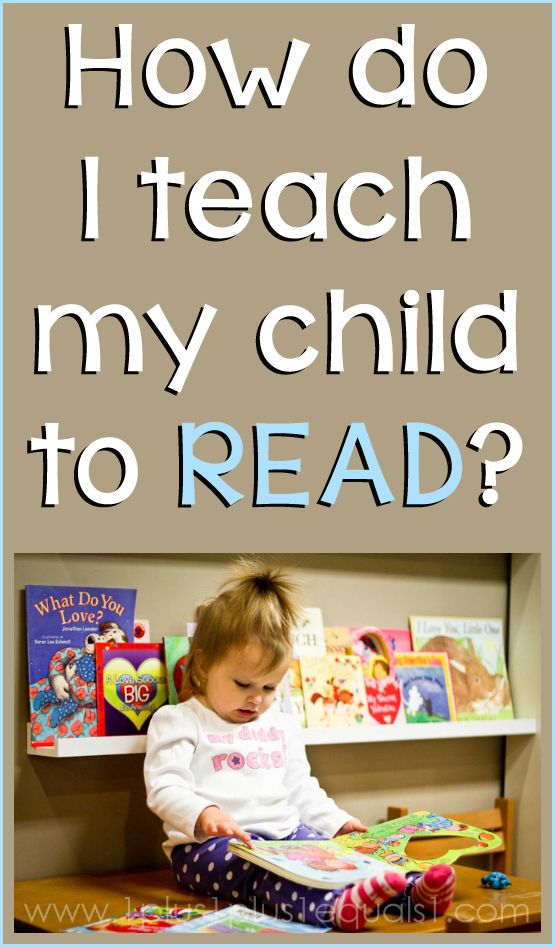 And for some additions to your own arsenal of abilities, check out these 40 Skills Everyone Over 40 Should Know.
And for some additions to your own arsenal of abilities, check out these 40 Skills Everyone Over 40 Should Know.
To discover more amazing secrets about living your best life, click here to follow us on Instagram!
What I want to teach my children
Content
Show the whole list ↓ Hide the list ↑
Katya Domankova talks about how important it is to teach children to be kind, independent and take responsibility for their words and deeds.
We all know very well what we want from our children. But we do not always think that in order to receive, we need a lot of disinterested and patient work on our part. In my understanding, this work is not about "give all that I have." He is about "giving a little person the opportunity to learn not only to receive, but also to give."
It is about the unshakable truth that children are a reflection of their parents. None of us knows whether this work will be maximally effective or only to some extent.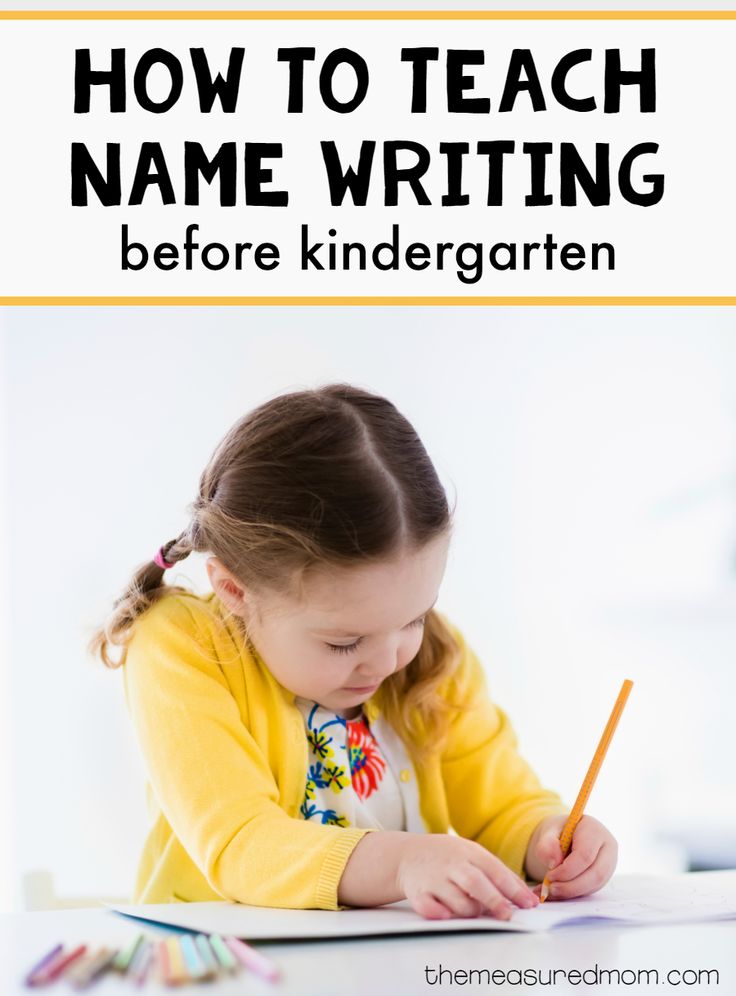 I do not know either. I cannot be fully responsible for the circumstances of the external environment in which my children find themselves. But I can give them a foundation that will give them a great chance of becoming something that not only me will be proud of.
I do not know either. I cannot be fully responsible for the circumstances of the external environment in which my children find themselves. But I can give them a foundation that will give them a great chance of becoming something that not only me will be proud of.
I want to teach my children:
Be good people
I firmly believe that the most important thing in life is to become the best version of yourself morally, morally and spiritually every day. Let them say that "a good person is not a profession." I think it's a profession. The most important, on the basis of which all other knowledge and skills are washed away.
Be kind
“Kindness is more needed and dearer in this world,” Funtik knew what he was singing about. I believe that this category, combined with the previous one, gives this world many chances for a happy existence.
Be grateful
For health, for life, for a wonderful family, for material benefits, for love. Say "thank you" in response to even the smallest help or favor.
Say "thank you" in response to even the smallest help or favor.
Be polite to everyone around you
Without a “please”, not a single request is fulfilled in our house. Not to provide napkins, not to help with the cleaning of toys. From a very early age, several times a day in our family, they pay attention to the fact that it is impossible (not “not worth it”, not “not necessary”, namely “DO NOT”) ask for something without saying the magic word.
Respect elders
It is elementary to know that there is a category of people that you need to treat in a certain way.
To be independent
The obligation to clean up scattered toys, make the bed, wash, dress oneself, clear the table, fold clothes before bathing, put outerwear and shoes in the closet upon arrival home is a mandatory minimum for my older children. I can help, but not do it for them.
Take responsibility for your words and actions
I always try to fulfill what I promised my children.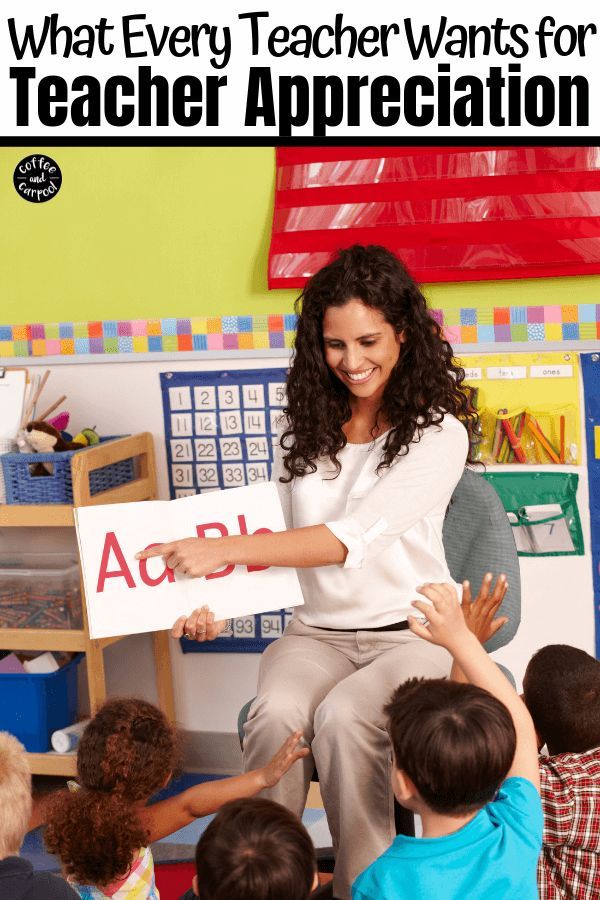 If for some reason my words have diverged from my actions, I explain why this happened, and we agree on when the promise will be fulfilled. You can teach this, like many other things, by showing the right example.
If for some reason my words have diverged from my actions, I explain why this happened, and we agree on when the promise will be fulfilled. You can teach this, like many other things, by showing the right example.
Be friends
Be able to keep secrets and trust loved ones. If we want our children to trust us with their stories, we should tell them ours.
Respect your body
Know from a young age which foods are healthy and which are not, which lifestyle supports physical strength and which one destroys the body.
To know and remember my roots
Through knowledge of the past of the family and respect for its traditions, I want to give my children the roots that nourish the personality, give strength, help to understand oneself.
Help others
It is not necessary to start with global steps. There is no small help. You can start by gathering together unwanted toys and donating them to those in need. Skip the old lady in line at the store. Put money in the donation box. The main thing is to create a pattern for the child that helping is an integral part of everyday life.
Skip the old lady in line at the store. Put money in the donation box. The main thing is to create a pattern for the child that helping is an integral part of everyday life.
Treat other people's work with respect
Different professions are needed, different professions are important. To appreciate and be grateful for the work of others is the way to order and respect for everyone around.
Do not judge others
Trying to find an excuse is not an easy choice. This approach makes it possible, instead of anger and resentment, to generate tolerance of perception, to focus on the significant, and not to waste energy on trifles.
Protect the earth
Protect water, electricity, collect garbage separately, do not litter. Respect the natural world.
LOVE
Of course love! Love in every possible way gives our children the opportunity to successfully follow the previous fourteen points, and us the opportunity to convey to them such important truths.
5 main skills - Snob
What skills are in demand in the modern world and specifically in our country? And how ready are parents to instill them in their children? The author has compiled his own list and invites you to discuss it and other possible options
Illustration: VeronchikchikUsually, due to my nature, it is not easy for me to write materials dedicated to some calendar events such as New Year or Christmas. And now, in the first days of the coming year, the results or forecasts somehow didn’t cross my mind, and I decided to shift the responsibility from myself to others.
Thus, my parents turned out to be responsible for summing up the results, whom I “caught” in the corridor of my clinic in one December week, but I would like to discuss the forecast with respected readers of Snob in the discussion that we have with you, I hope after this post will take place.
What exactly did I do? Briefly and consistently lured 35 adults into her office - ordinary visitors to our children's clinic. Their age is approximately from 35 to 45 years. I didn’t ask for sure, because for my purposes it didn’t matter much, it’s just that in my opinion I didn’t choose the youth, but those already mature for years. 10 men and 25 women, all, of course, have children, the majority - 24 people - not even one child each, but two or three. There was one mother of many children with four children.
Their age is approximately from 35 to 45 years. I didn’t ask for sure, because for my purposes it didn’t matter much, it’s just that in my opinion I didn’t choose the youth, but those already mature for years. 10 men and 25 women, all, of course, have children, the majority - 24 people - not even one child each, but two or three. There was one mother of many children with four children.
I told all parents about the following:
— The upbringing of children is different from people to people, from era to era and depending on geographical location.
— At different times and in different places, different things and skills are especially important in the upbringing of children.
— Once and somewhere, belching at the table after a meal was considered a compliment to the hosts of the feast — they fed well. In Gone with the Wind, Scarlett O'Hara describes an intermediate option - old matrons can still burp at the table, and young, corseted girls are already indecent.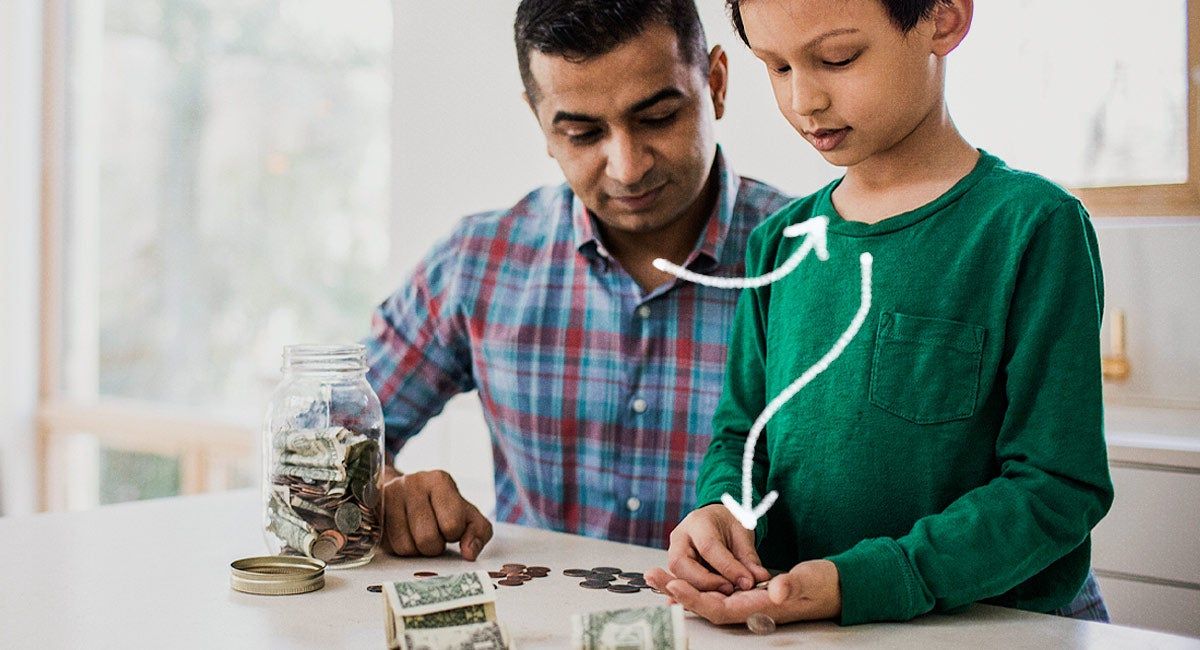 When I was growing up on my own, it was already indecent for everyone.
When I was growing up on my own, it was already indecent for everyone.
- Previously, perhaps the most important thing was to raise a child "in the fear of God", that is, in the ability to correlate their behavior with religious standards. Now for an urban child, this, as a rule, is irrelevant.
— Brushing your teeth every day is an important and obligatory skill that was once not particularly instilled in children by parents.
— And now think and tell me, please, the five most important things, skills that a modern urban parent should independently or with the help of other people teach their children in the process of upbringing and education, until they (the children) grow up. Of course, there are many more than five of these skills, but for now, name only the five most important and important, in your opinion.
More than half of the parents, barely thinking, tried to immediately throw the responsibility back:
— Give more examples. It is desirable to be closer to our life, and not about burping and the fear of God.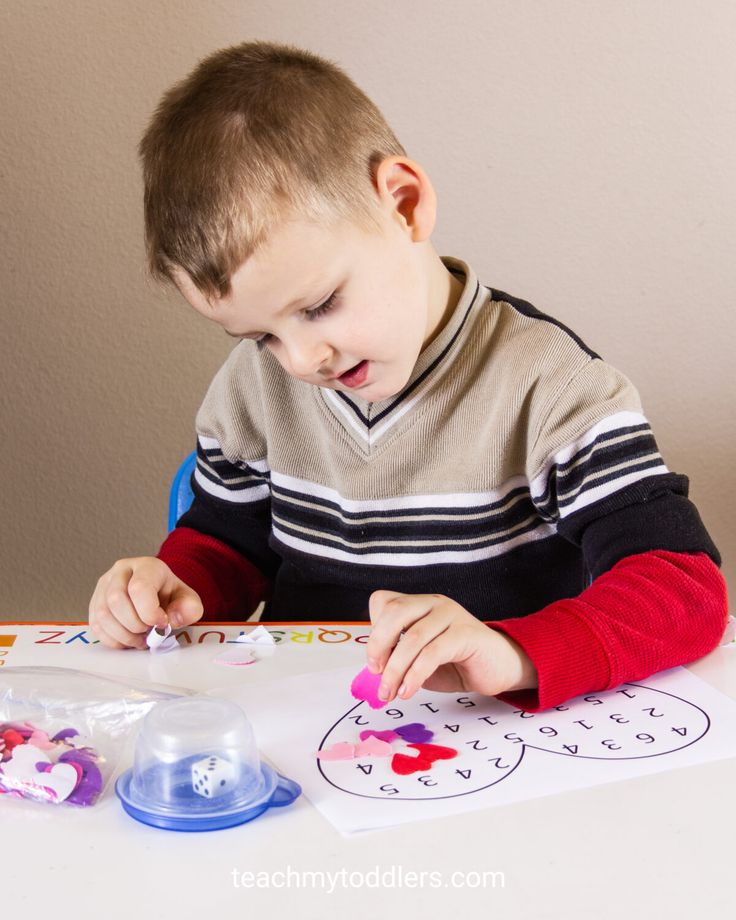 (It is clear that my examples were intentionally distant, so that there were no "leads").
(It is clear that my examples were intentionally distant, so that there were no "leads").
— And what do you yourself consider important?
— And what is right from the point of view of psychology?
— And if everything is important, how to choose?
And even:
— Tell me, what is the most important thing for the child himself? I would choose this.
I deftly dodged the double throwing of responsibility, but in the end I promised my parents after the end of the survey on the designated day to satisfy everyone's curiosity by simply writing and hanging on my office door five of my points. Whoever wants to come in and read it.
Now - directly about the results. In my opinion, they are quite remarkable.
The five main things and skills that a modern parent should teach their children as they grow up. I have summarized the rationale and slightly reduced it. The rating is based on the frequency of mention.
- Knowledge of the English language - without it now you will not get anywhere in life and you will not get a good job anywhere.
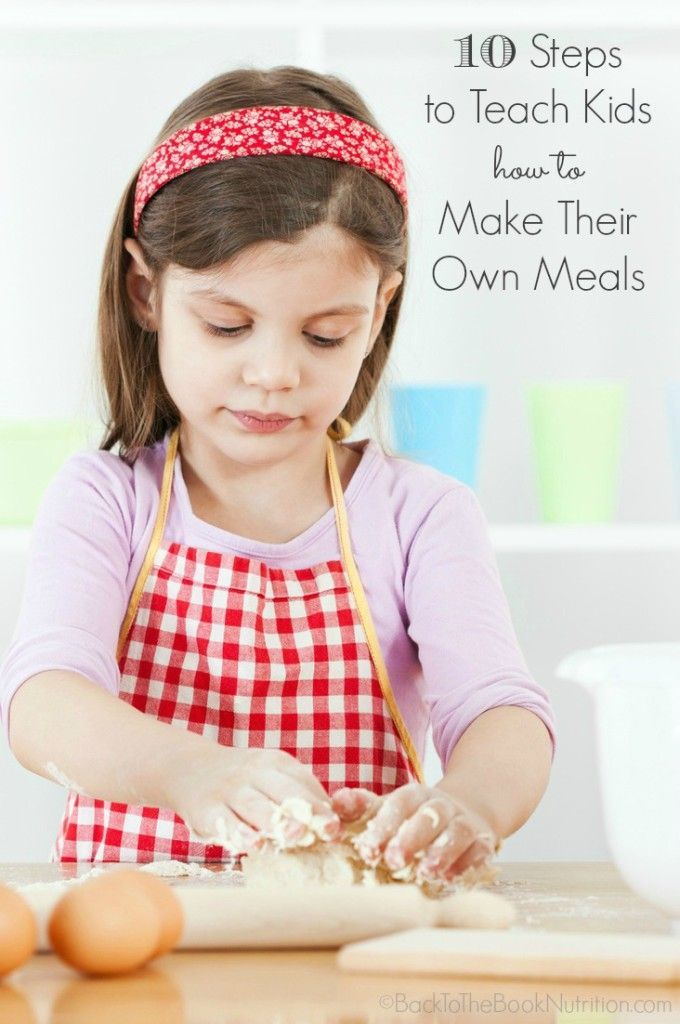 In addition, English is a chance to become a citizen of the world.
In addition, English is a chance to become a citizen of the world. - The ability to defend one's interests, not to compromise them, to be able to clearly formulate them for oneself and for others. The current world is redundant in every sense, and therefore highly competitive; if you mumble, give in and clap your mitten - you will simply be devoured or thrown to the side of the road.
- The ability and desire to learn, to constantly acquire new knowledge, skills and successfully pass tests and exams on them. That is, not just to learn and learn something, but also to be able to apply it, “show the product face” if necessary. Knowing where and how new knowledge is obtained, and the desire to get to where it can be obtained (motivation to gain more knowledge and more education).
- Taking care of your health is to give it time, attention, understand how it all works.
- The ability not to close all your interests in games and social networks like TikTok and others, but to live a real life in the real world.
 Chat with friends, have all sorts of other interests. To my question “How exactly should a modern parent build training for this undoubtedly important skill?” Unfortunately, I didn't get a clear answer.
Chat with friends, have all sorts of other interests. To my question “How exactly should a modern parent build training for this undoubtedly important skill?” Unfortunately, I didn't get a clear answer.
To my second and last question, “Are you able to bring all this into your children?” seven answered yes, 22 said “partially yes, we are working on the rest”, and six answered “unfortunately not yet, but I will keep trying”.
Among other important skills in the lists compiled by parents:
- the ability to "find yourself", as well as to set a goal and achieve it. Here, again, I did not quite understand how exactly, according to the respondents, this skill should be trained. By direct imitation of the behavior of parents and other people around the child (and if the parent himself “did not find himself”?)? Game training on the computer? An early release of a child “into the world, into free swimming”, like the heroine of the movie “Foundling”? Some other way? Clarifying questions to my parents did not dispel my bewilderment, but the item remained popular;
- love for animals;
- respect for elders and teachers;
- knowledge of Chinese;
- be able to occupy and serve oneself;
- ecological consciousness, reasonable attitude to consumption;
- understanding and application of the maxim "time for work, hour for fun";
- tolerance for non-dangerous "others" of every kind and kind.

After summing up the results, as I promised, I hung my list “The five most important skills that are brought up in the family, according to psychologist K. Murashova” on the office door:
- The ability to please other people, the ability to listen and hear them, and not wait impatiently to say something yourself (for this, parents just need to instill in their children the skill and habit of being sincerely interested in other people, the principle of learning is imitation).
- The ability to “take a hit”, attentive human understanding and practical development of each component of the biological triad “hit-freeze-run”. Learning by doing ordinary everyday life with an analysis of what is happening with the help of parents.
- The ability to see, hear and, if possible, systematically understand the surrounding world of nature, the urban landscape, the Universe, the virtual world and the individual, to notice and realize their evolution (at first acquired only by direct imitation, then by self-education).

- The presence of at least some (any) holistic worldview by the age of 17.
- The ability to feel and realize oneself all the time as a body, as a psyche, as a soul (the latter - ideally) in the context of other bodies, psyches and souls that are nearby. Acquired a) "fuss" with peers and relatives in early childhood, b) insults, quarrels (you and you) and receiving various feedback at school, camp yard, circle, family, c) growing over one's natural egoism in education (enlightenment ), friendship, family system, friendship and love. The role of parents is not to interfere.
Now I would like to know your opinion, dear readers: what do you think is the main thing and how will all this develop further in our culture and civilization? It is clear that the two polar points here are:
- perfectly formulated by all parents, this is exactly how children should be raised in the modern world, and this is how everything will be, it is those who are brought up that way who will succeed, and the psychologist is talking high-flown and meaningless nonsense;
- The psychologist is right, and the Dalai Lama also said something like that, but with such parental attitudes as described above, the whole world is falling into the darkness of selfishness and the abyss of lack of spirituality, and in general, the end of time is near.
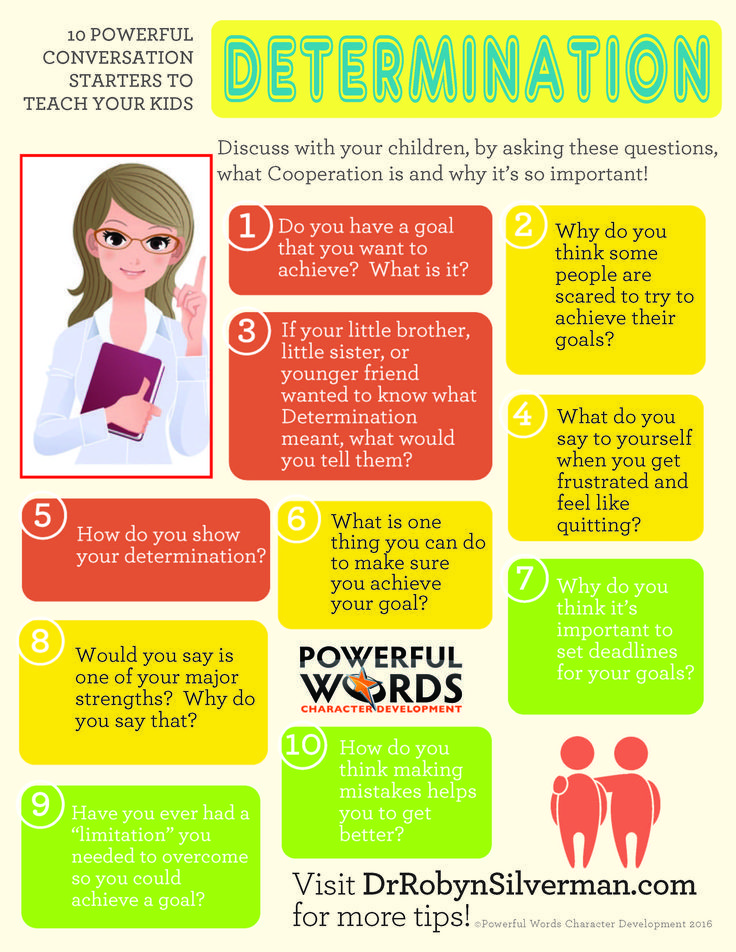
Learn more



